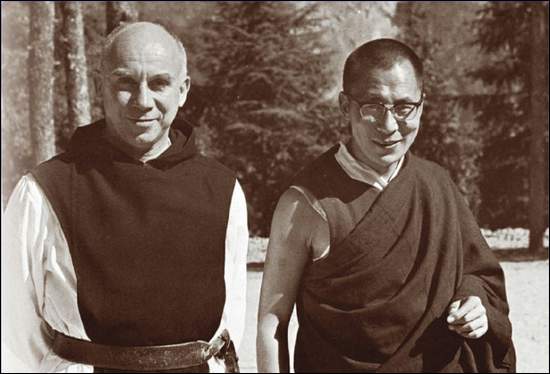Among the multifude of meditation apps available, Sam Harris’ Waking Up app is different, very different, and is one I can whole-heartedly recommend without reservation.
First, the overall purpose of Waking Up is not about finding peace or touching bliss, although those things may indeed happen. It is about the adventure of discovering the nature of your own mind. Harris’ approach is mindfulness, punctuated by Dzogchen techniques, and goes beyond simple present-moment awareness into a gentle exploration of consciousness and your mind’s relationship to it. The goal, Harris frequently reminds practitioners, is never to become “a better meditator,” but to become more present, resilient, and compassionate throughout the situations of the day.
Secondly, although carefully curated, Waking Up has a wide variety of meditative approaches. Yes, Harris’s daily guided mindfulness practice dominates the app, but the “Practice” side of the app also includes meditation courses in the amazing “Headless Way,” metta (compassion) meditations, Zen koans, meditative poems from a Christian contemplative perspective, meditations for children, and more.
Thirdly, Waking Up isn’t just about the practice. There is a “Theory” side of the app, featuring “Conversations,” a podcast full of interviews with fascinating people with penetrating insights into human nature and cultivating happiness, from Mingyur Rinpoche (Tibetan lama) to Leo Balbauta (blogger), to Laurie DiSantos (professor), David Whyte (poet) and an ever-increasing roster of others.
“Theory” also has “Lessons,” a series of insights by Harris on consciousness and spirituality. The two lessons on free will alone have the potential to change your life, and I say that with all seriousness from my own experience.
Waking Up also has a feature for tracking days used, which helped me truly establish a daily habit of meditation, something that eluded me even after 12 years of studying with a Zen master. In addition, you can invite others through the app to join you in a session.
One caveat: please do not check out the “Daily Meditation” when you first open the app, it will likely feel off-putting and not make sense. Listen to the “Start here” instructions, and then go to “Practice,” and begin the Introductory Course. After completing that, the instructions in the daily meditations will make superb sense.
Waking Up is the next best thing to having a spiritual teacher of your own, and is an excellent resource even for those who do. Its subscription price is $100 / year, which is barely a quarter a day, but I find it invaluable. It has helped me maintain my mental health during the challenges of the pandemic and, I believe, to become a somewhat better person.
Get it from the Apple App Store or Google Play. Also, see the Waking Up website.


